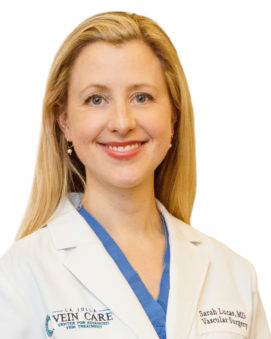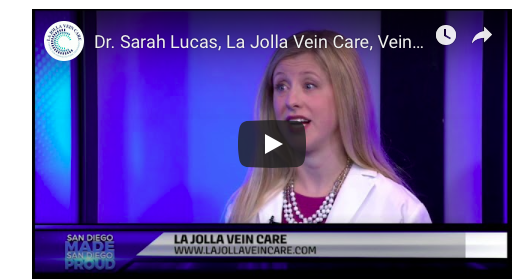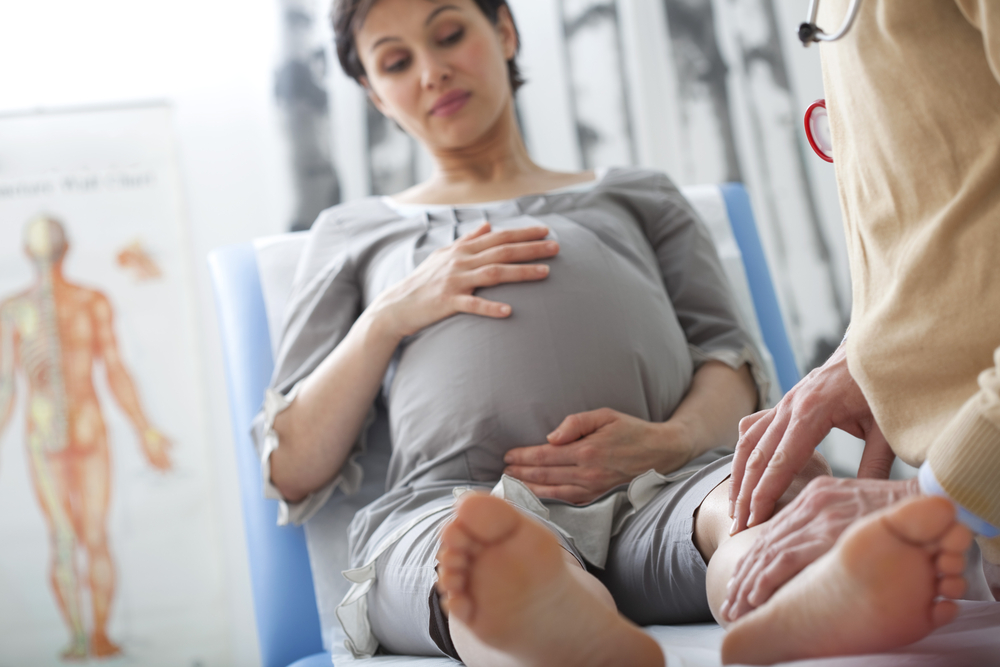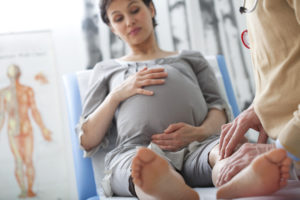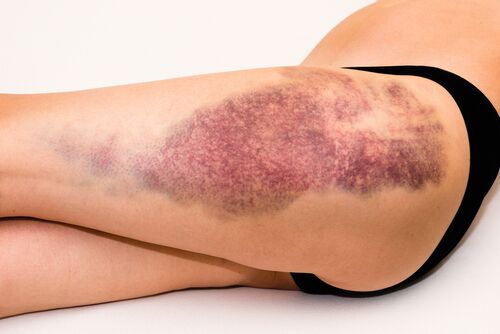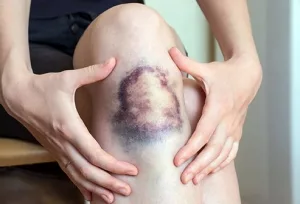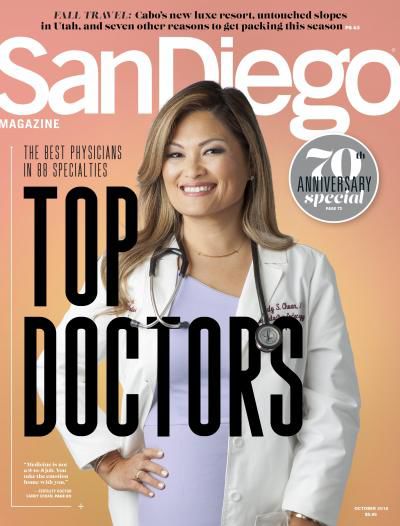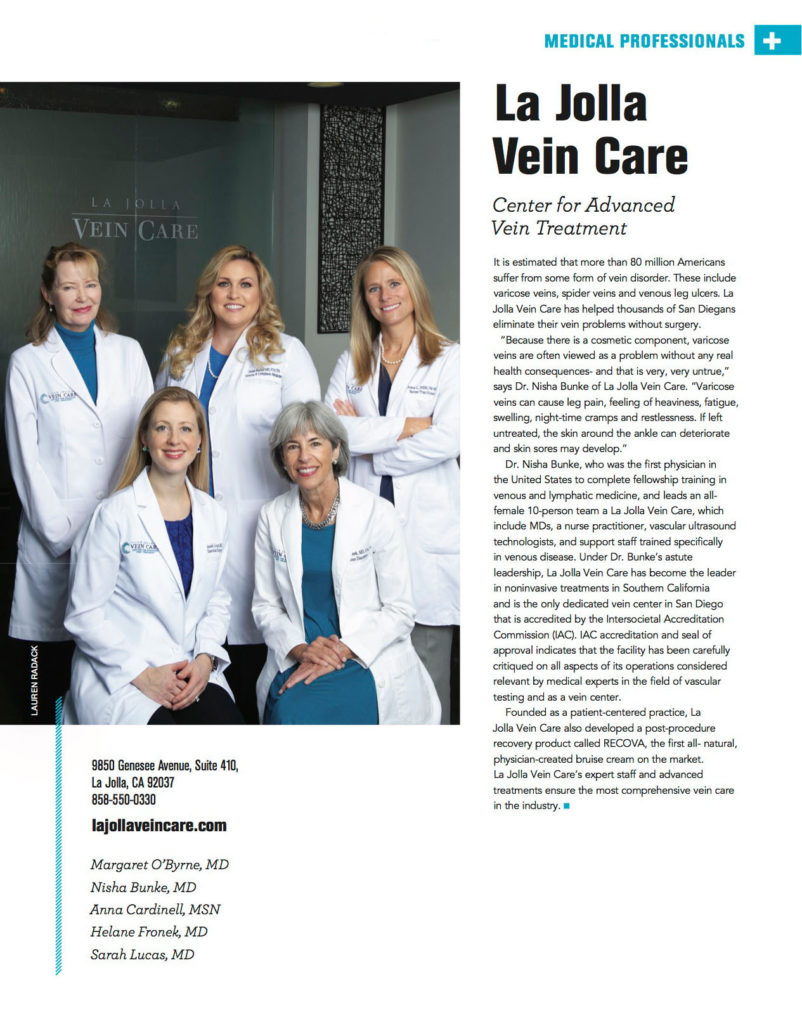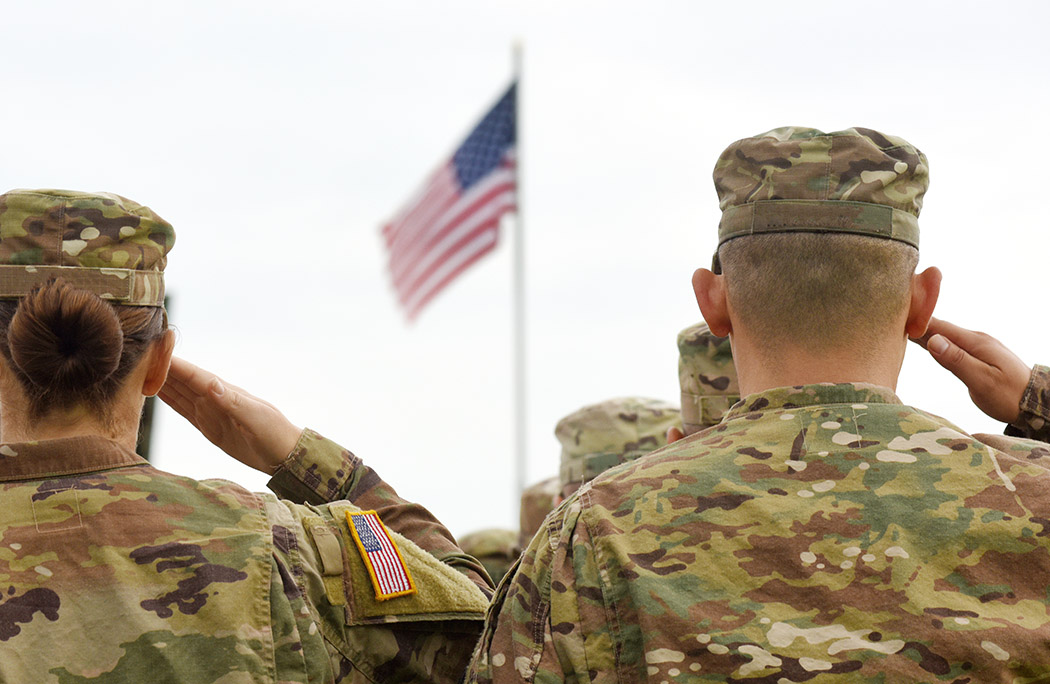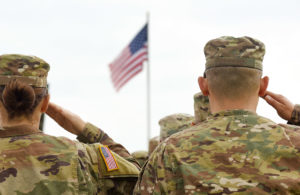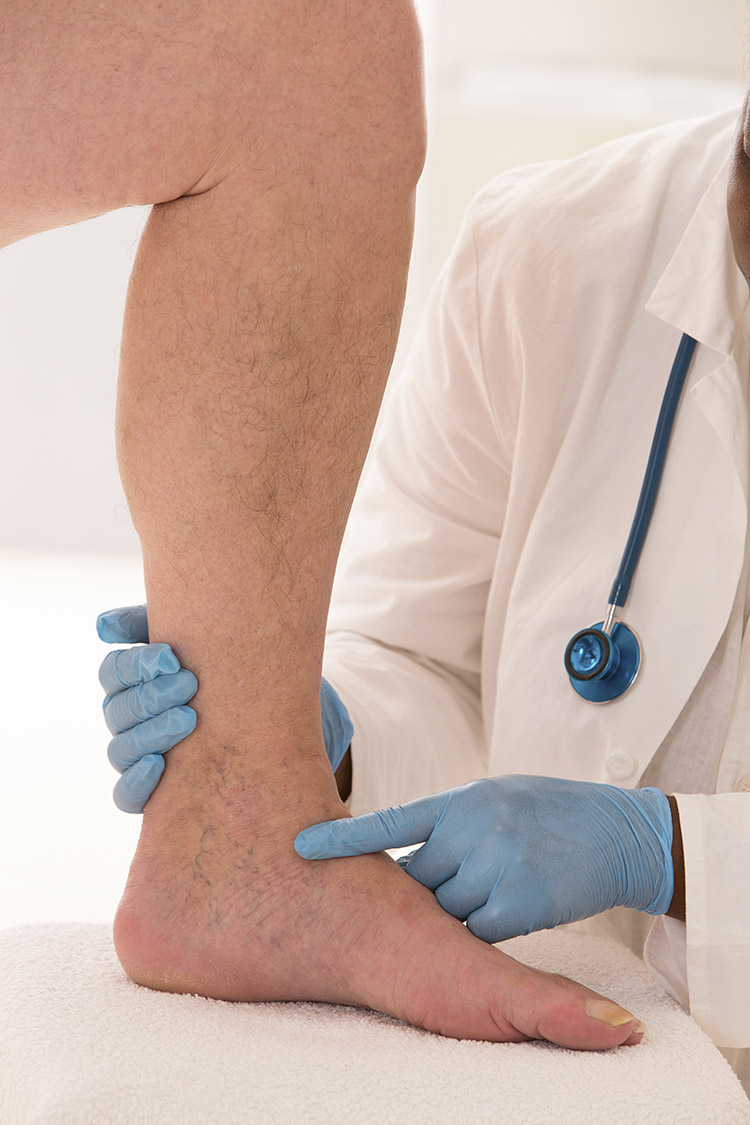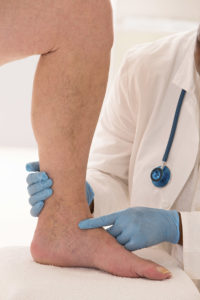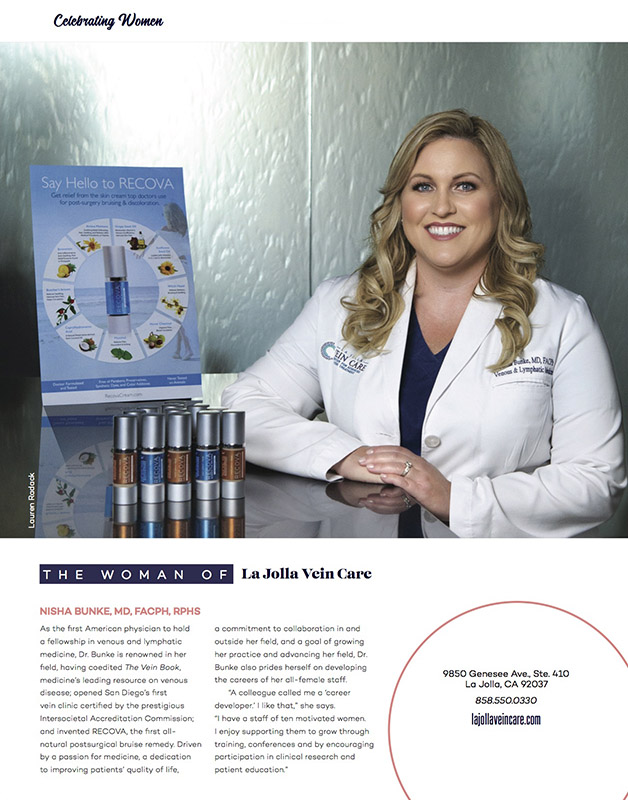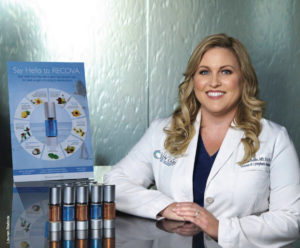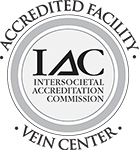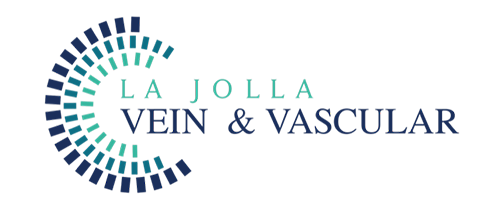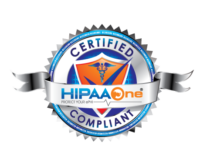How to Reduce Your Risk of DVT During Air Travel

woman passenger in terminal
There is a known correlation between air travel and deep venous thrombosis (DVT), which is a potentially fatal blood clot that forms in the veins of the legs. Blood clots in the leg veins occur in 1% of airline passengers on flights longer than 8 hours. The longer the flight, the higher the risk of DVT. There are a number of factors that contribute to the development of DVT during air travel. Prolonged sitting and non-movement of the legs cause blood to pool in the leg veins, making blood more susceptible to forming clots. This in combination with other factors such as potential hypoxia in the airplane cabin (Gavish) and dehydration may increase the risk of air travel related DVT. Individual risk factors include age over 40 years, gender (female), women who use oral contraceptives, varicose veins in lower limbs, obesity, pregnancy and genetic thrombophilia.
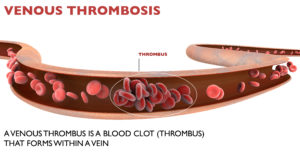
Deep venous thrombosis is when a blood clot forms within the leg veins
The term ‘economy class syndrome‘ has been used to refer to DVTs in passengers sitting in economy class- where there is limited leg room to extend the legs. People who have these risk factors are predisposed to hypercoagulability and are more susceptible to suffer venous thromboembolism during air travel.
Tips to reduce your risk of travel-related DVT and keep blood circulating in the leg veins.
#1) Move: Every 45 minutes, walk about the cabin when possible
If you are unable to walk, use your calf muscle pump by flexing and extending your feet.
#2) Wear graduated elastic compression stockings.
#3) Stay hydrated. People tend to drink less on-the-go. Drink frequently. Drink a glass of water for every alcoholic beverage you drink.
#4) Wear loose, non-restrictive clothing
#5) Elevate your legs. If your seat lacks a foot rest, use a backpack to prop your legs up.
#6) Talk to your doctor if you have a known risk factor for forming blood clots, if you are pregnant or have recently given birth; use birth control or other hormone therapies or have an active cancer. When necessary, a blood-thinning medicine can be prescribed on the days of air travel to reduce the risk of DVT.
Reference:
1: Gavish I, Brenner B. Air travel and the risk of thromboembolism. Intern Emerg
Med. 2011 Apr;6(2):113-6.


